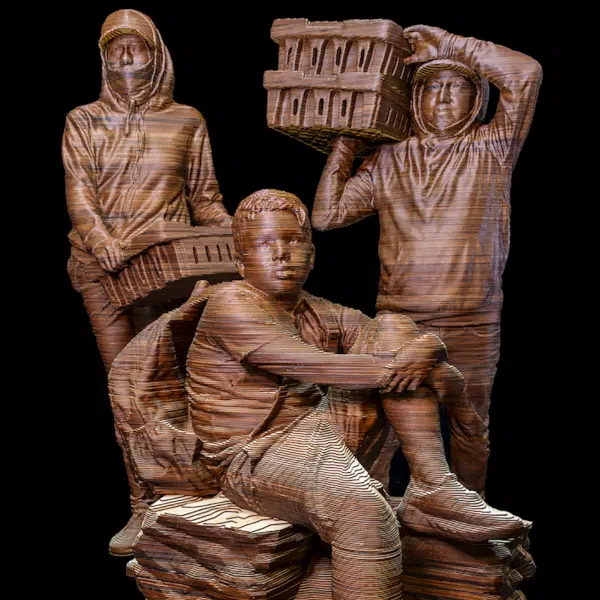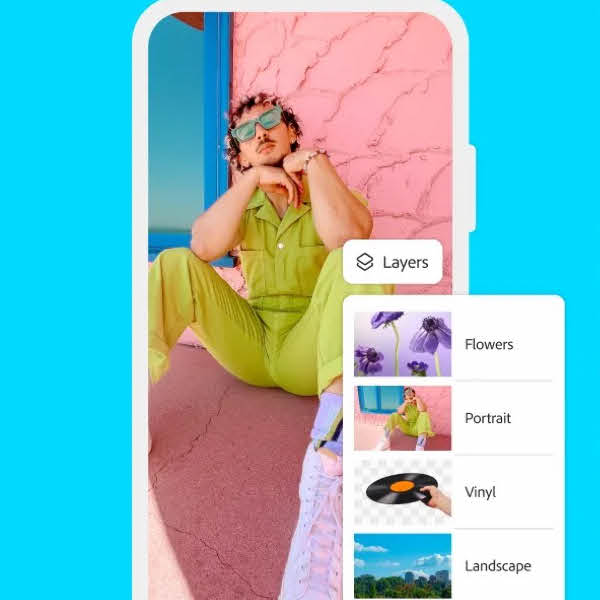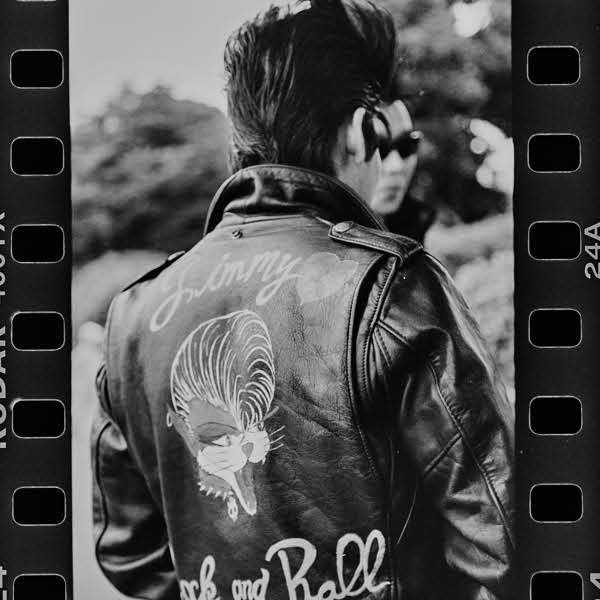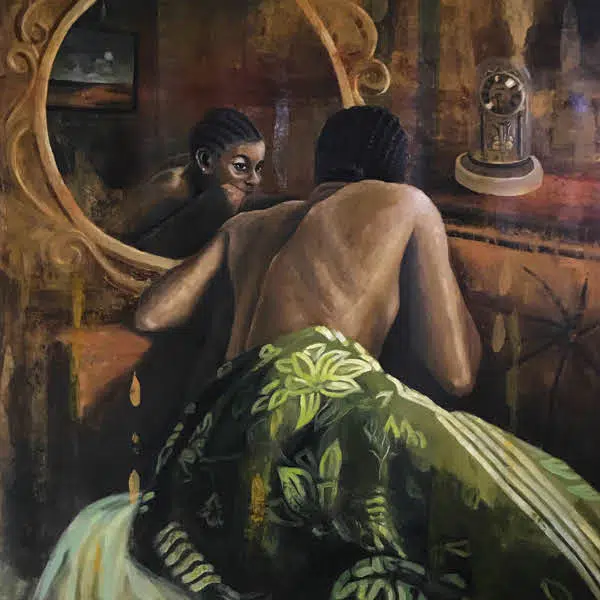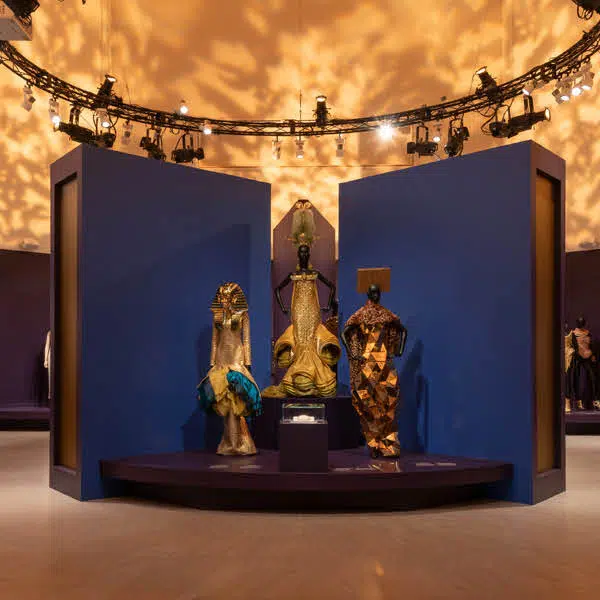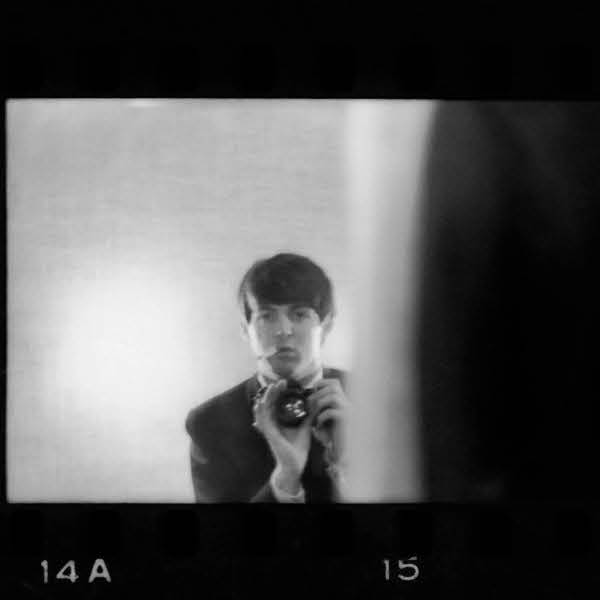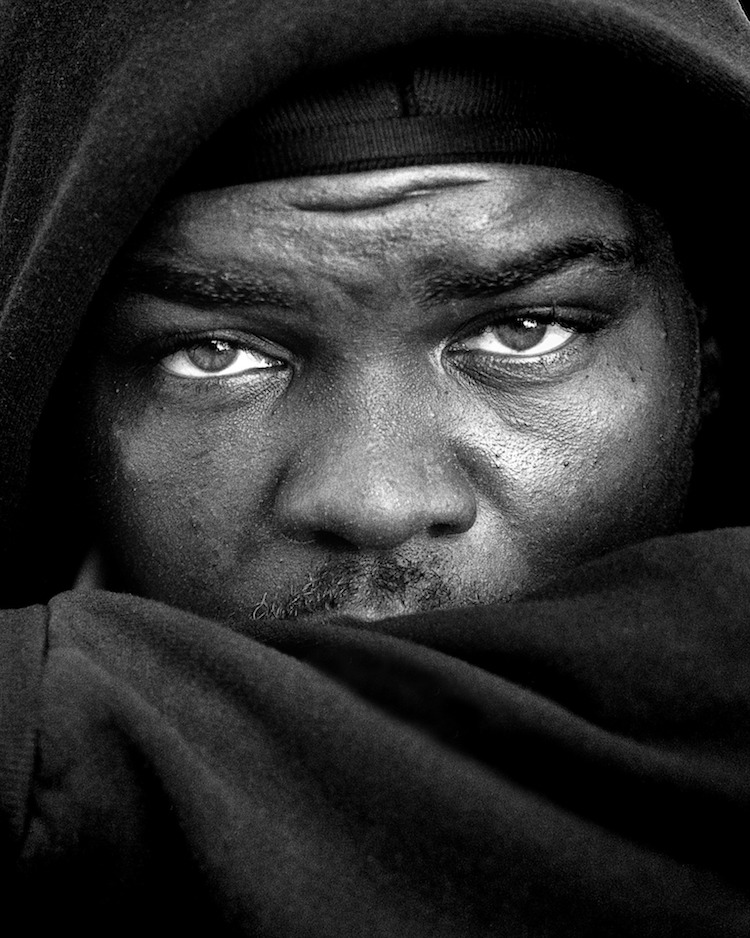
Photographer Leroy Skalstad‘s captivating photographs of the homeless are informed by his own time living on the streets. The formerly homeless veteran has been fascinated by photography since he was a child, inspired by his mother's passion for the field.
Transitioning into service during the Vietnam war, Skalstad experimented with 35mm photography, but found himself living on the streets upon returning home. It was during this period that he sharpened his observational skills and he now gives back by volunteering for the St. Ben’s Community Meal Program in Milwaukee, where he's photographed their calendar for the past 22 years.
We had a chance to speak with Skalstad about his unique perspective on photography and how his own personal experience informs his work.
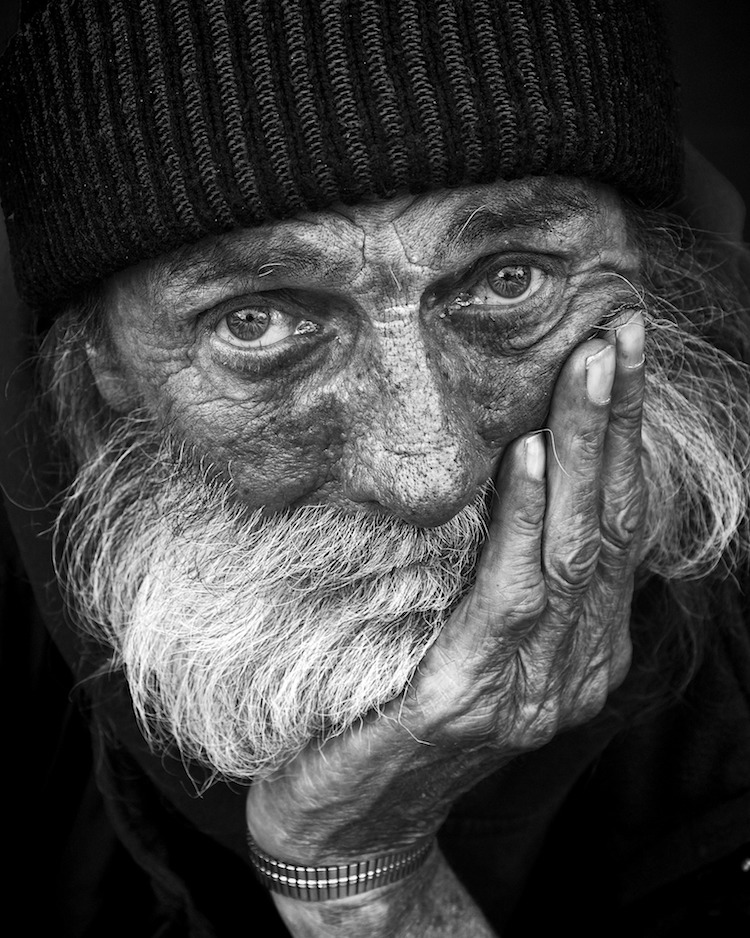
Your mother was a great inspiration for you to start in photography. What was it about her work that fascinated you?
I think as a very young person I knew the value of freezing time with photography and the value of the archive. I knew that the images that my mother created around our modest life on a small dairy farm would be valued as the years go by.
You've mentioned that your time living on the streets helped hone your photographic eye. How so?
Living on the streets was an experience for me in learning the human condition. It also showed me that we can communicate a lot without even saying a single word—that quick glance says so much. My mind's eye started to form images and I so wished I had a camera to capture and share with others what I was experiencing.
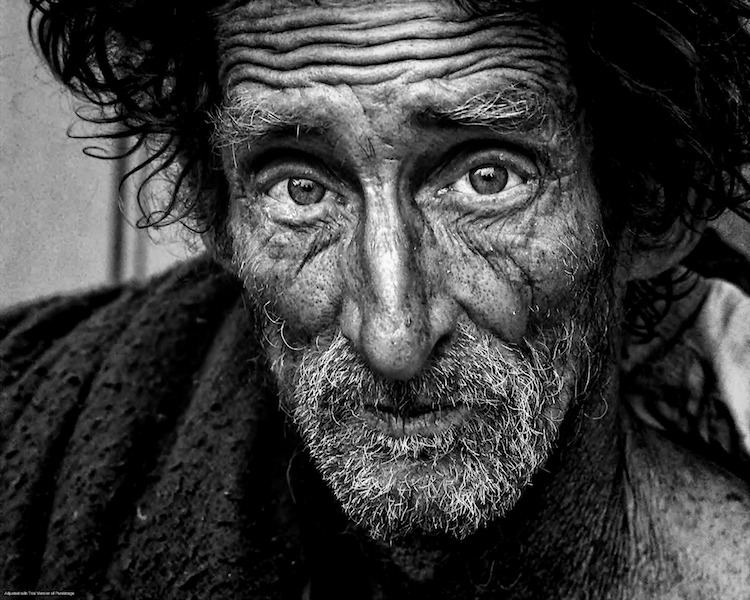
There are many non-homeless photographers who use the homeless as subjects. You mention being a subject in some of those projects yourself. What do you think can be problematic with these works?
What I have surmised is that photographers who work with the homeless either are interested in a documentary approach that gives individuality to the subject or are simply doing environmental shooting where the homeless person is simply part of the image.
I remember being part of the latter one day. When I asked him about his equipment he looked threatened and scampered away. That really hurt.
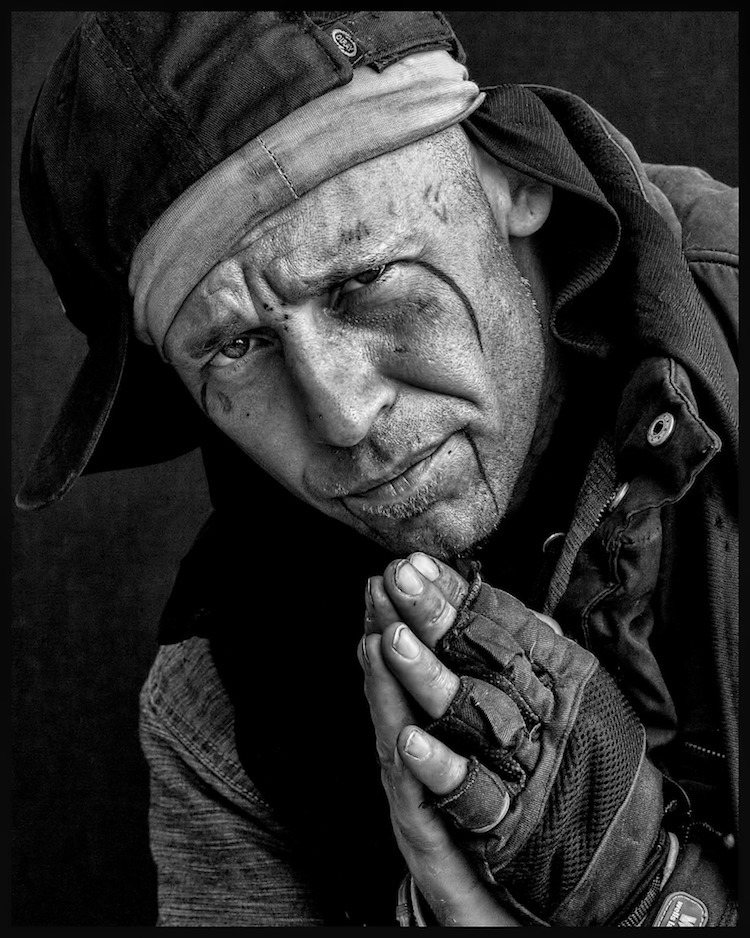
How do you think your time being homeless has helped you in connecting with your subjects? What do you hope to capture with your portraits?
For me simply developing a rapport with my subjects is most important. I will buy a cup of coffee at a local shop, listen to their story, and share some of my own.
I am realistic, the camera stays in the bag. If the chat session transfers to a portrait session it is only an extension of their desire to share their story. The most common question I get is “How do you want me to do this?” I tell them just look right into my lens like you are sharing your story with others.
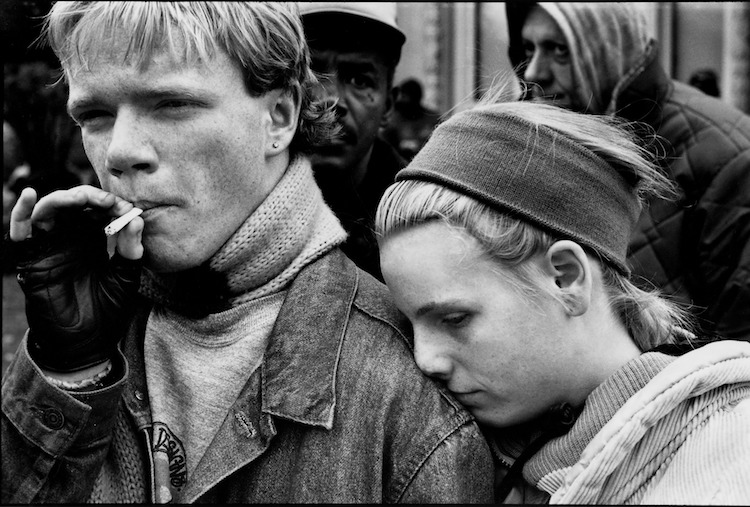
Do you have a favorite photograph?
My favorite photo is one of Don and Kathy, both just 19 years old, huddled with a group of other street folk waiting for a meal van.
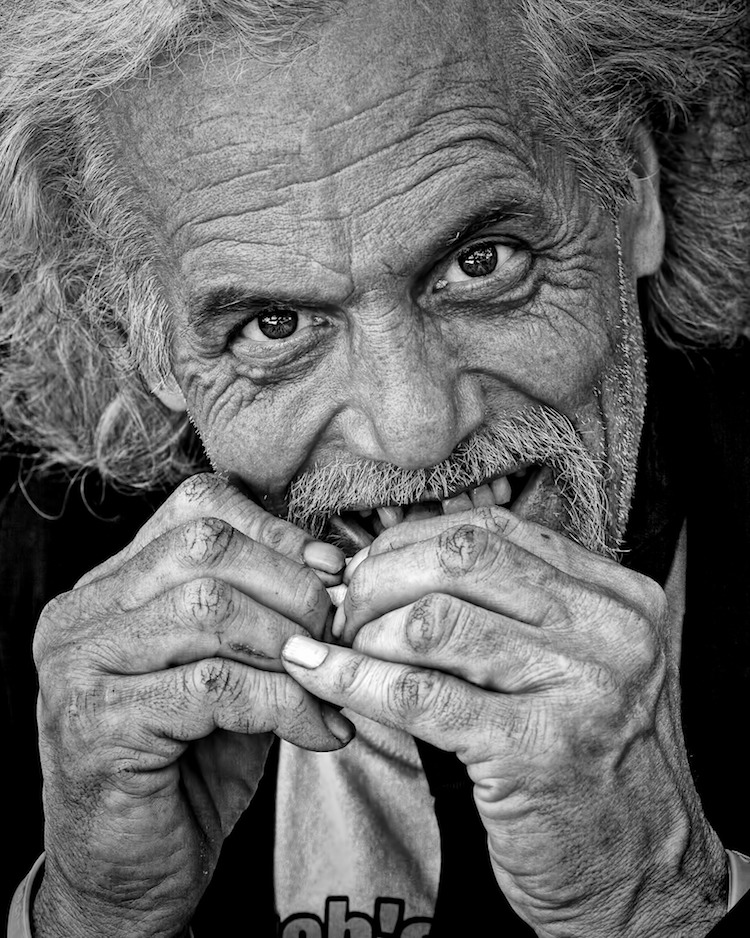
What do you think the most common misconception non-homeless people have of people who are homeless?
I believe most folks don't realize how complex homelessness is. I was someone affected by my military experience as I waited for a decision from the Veterans Administration. Some are folks and families who were living paycheck to paycheck. Some are affected by their substance abuse.
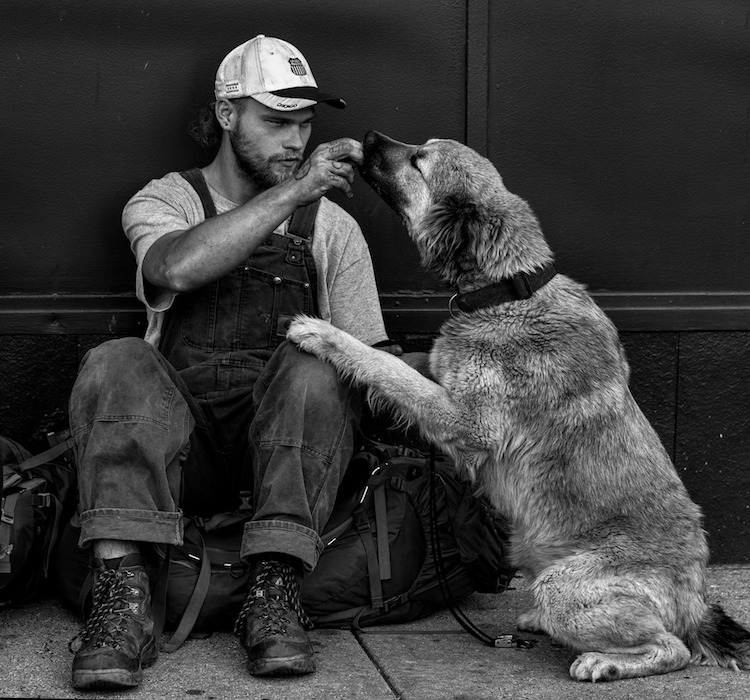
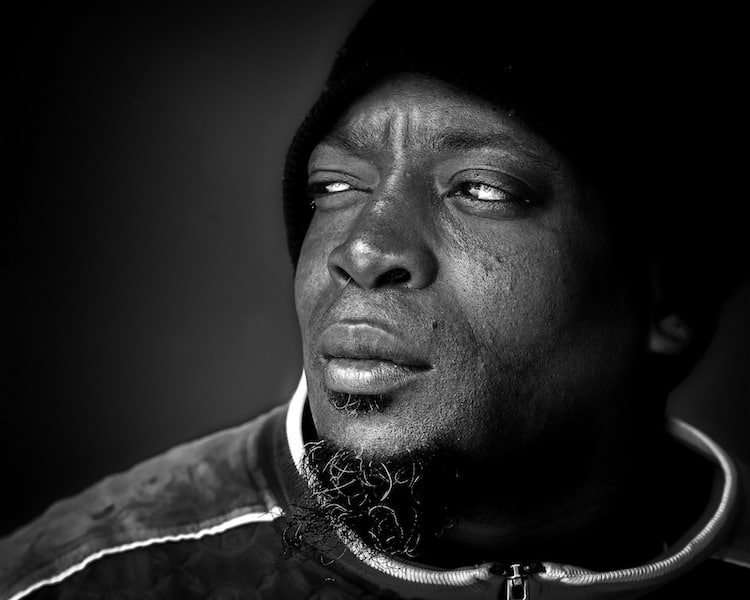
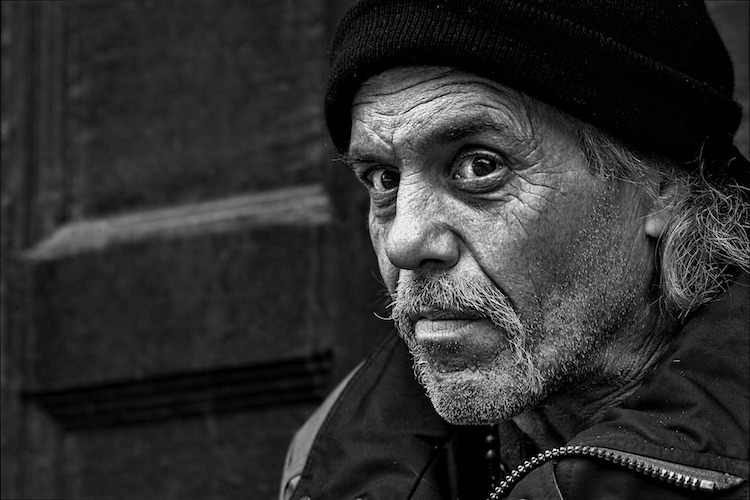
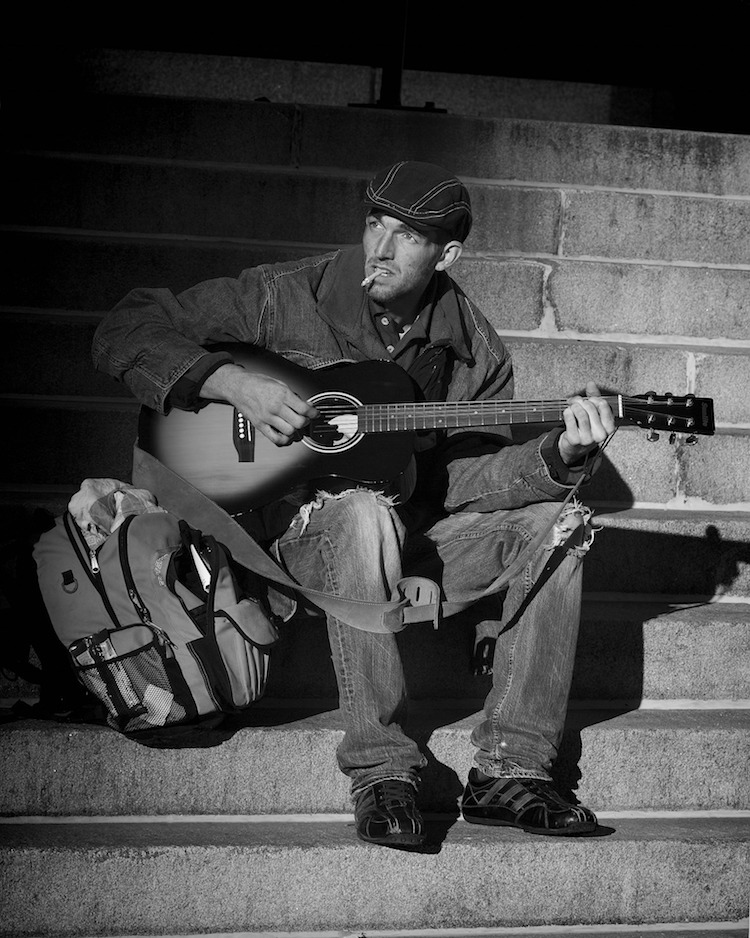
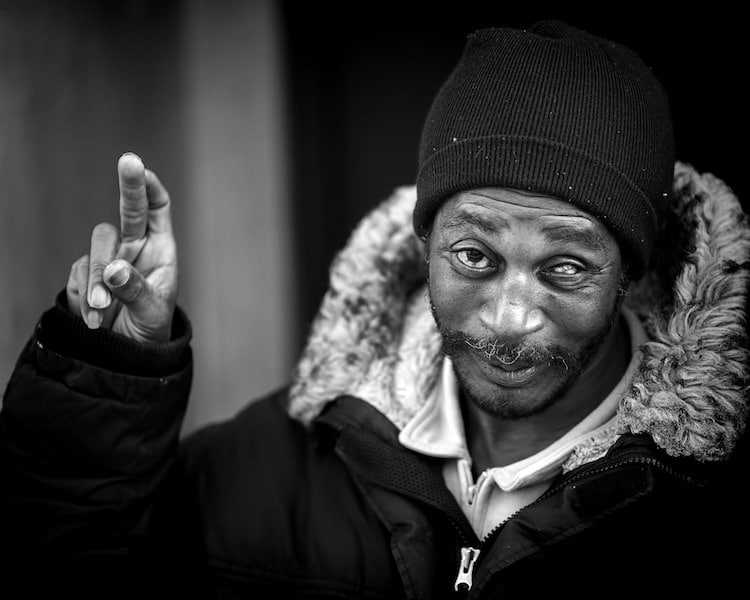
Leroy Skalstad: Flickr | Pixabay
My Modern Met granted permission to use photos by Leroy Skalstad.
Related Articles:
Interview: Photographer Documents the Faces of Homelessness in Award Winning Portrait Series
Powerful Portraits Show the Homeless Dressed Up for Their Dream Careers
Public Library Provides Mental Health Services to Help the Homeless
100 Homeless People Were Given Disposable Cameras and This is What They Captured
Interview: Powerfully Raw Portraits of Homeless People by Lee Jeffries












































































